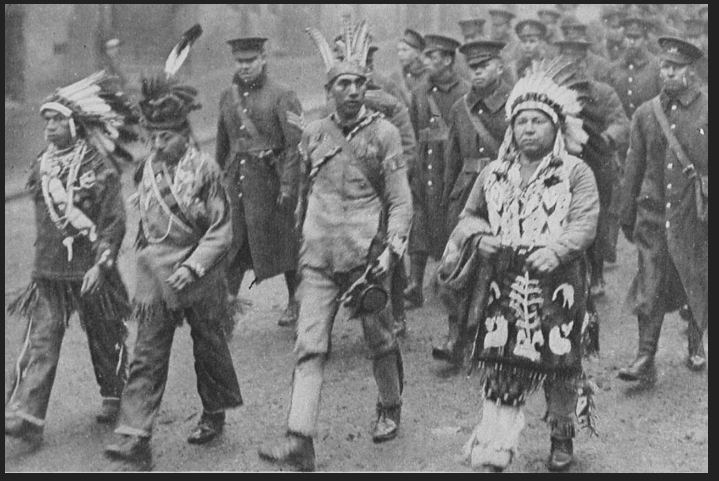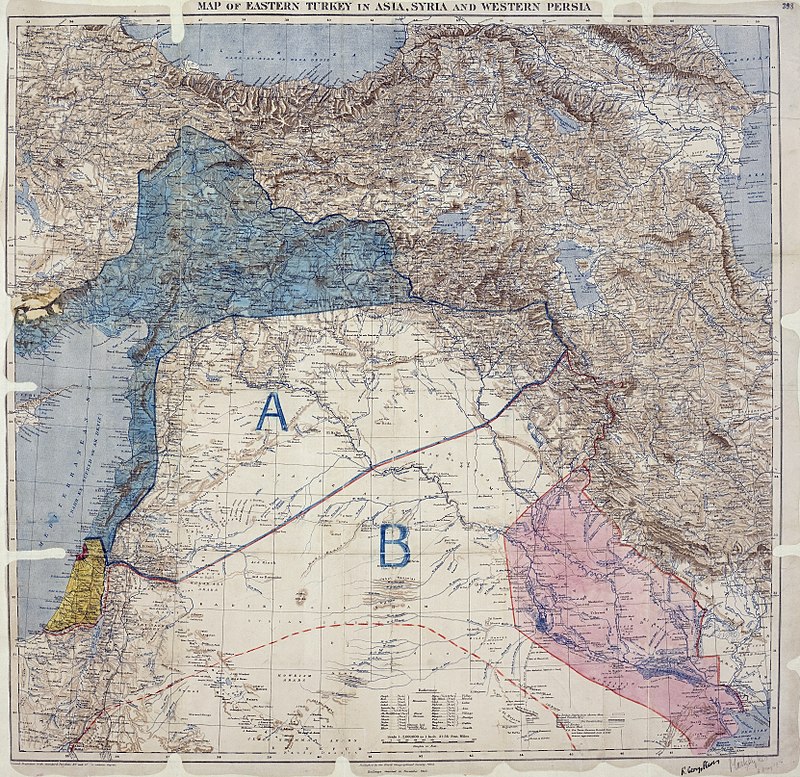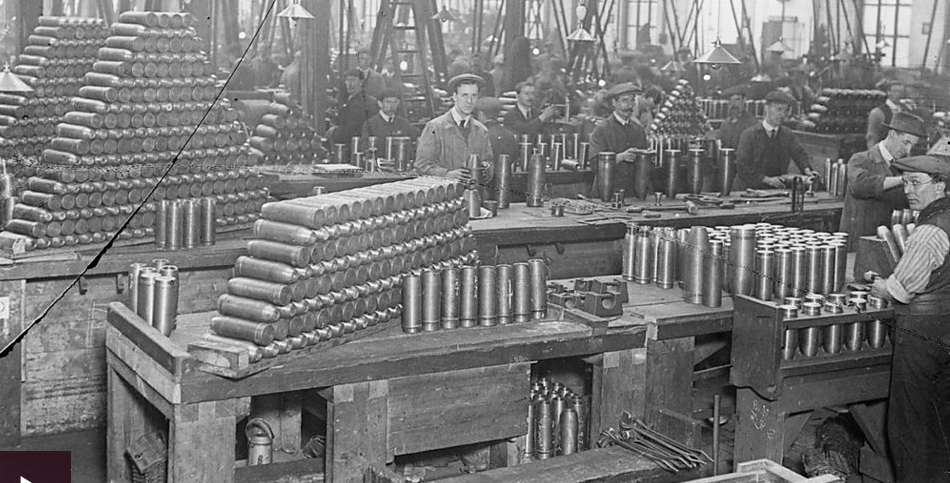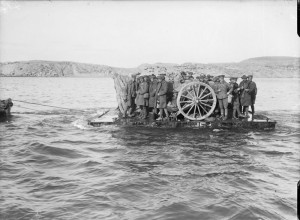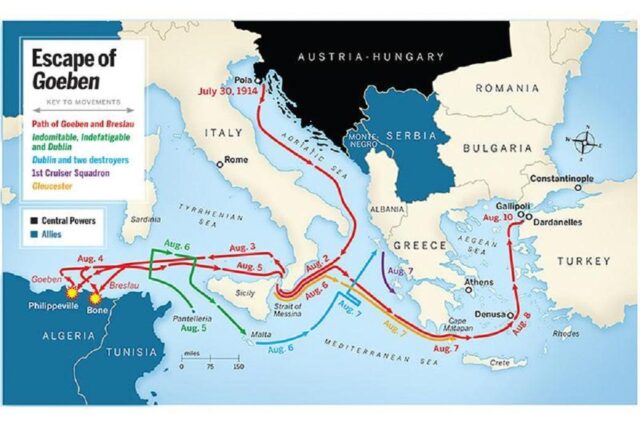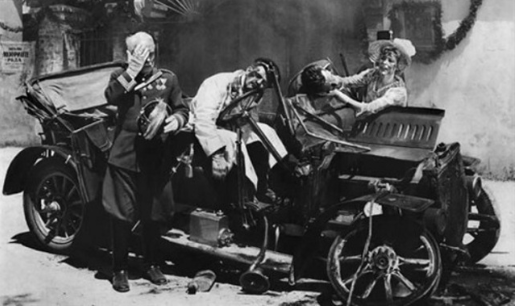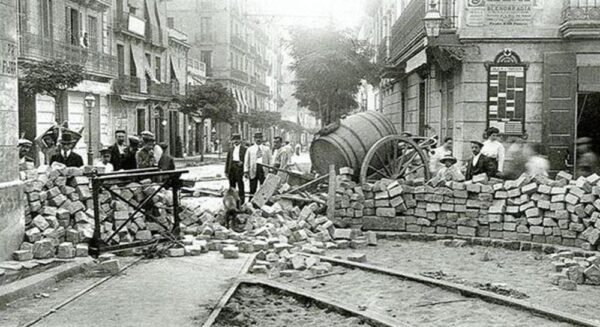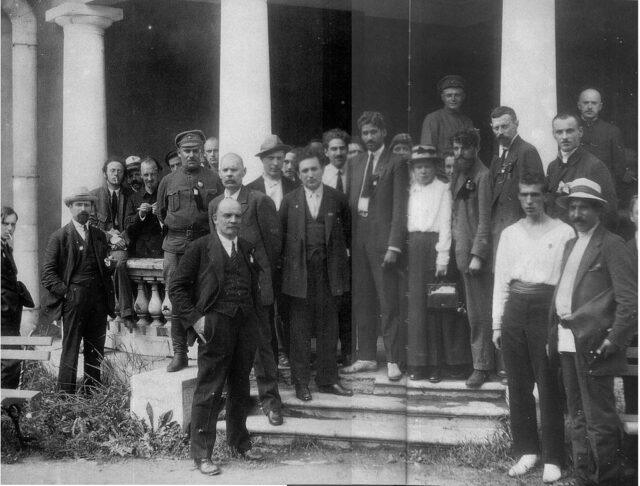In desperation, the European empires turn to the people they’ve colonized and press them into sacrificing their lives for their imperial masters, setting off a chain of events that makes decolonization in a few decades inevitable.
Tag: World War Civ
World War Civ 32: Britain’s plans for Arab lands – Sykes-Picot, 1916
Early in the Great War Britain decided to dismantle the Turkish Empire and made promises to Arab leaders of independence if they would rebel against Britain’s Turkish enemy. While one British leader was making these promises, another, Mark Sykes, was making a deal with other imperialists for the division of Arab lands between them. Follow Mark Sykes on his world tour that culminates in the Sykes-Picot Agreement of 1916, an agreement we’re all still suffering from to this day.
World War Civ 31: Towards Total War
By the end the World War had mobilized 65 million troops, killed 20 million people and wounded 21 million more. The money was supposed to run out in a year, the armies were big but never that big. How did the war go on? Because the belligerents made immense and irreversible changes to their economies and societies to sustain it and begin the era of total, industrial war.
World War Civ 30: Allied Disasters 1915
Germans use poison gas on the battlefield at Ypres, British lose 60,000 and Germans 40,000. French attack at Artois with casualties of 100,000 and German 75,000. Russians lose 2 million casualties fighting Germany on the Eastern front. British defeated at Loos, lose 50,000 and Germany 20,000. French offensive in Champagne results in 190,000 casualties and the German line unbroken. Britain makes a move against the Turks in Gallipoli / Dardanelles, and another disastrous move at Kut al-Amara in Iraq. A year of immense disasters with lasting consequences.
World War Civ 29: The War Widens 1915
World War 1 goes global in 1915, as Japan takes advantage to seize more territory in Asia; Turkey fatefully aligns with Germany; Italy joins the Entente.
World War Civ 28: The Eastern Front 1914
Russia invades Germany and loses badly at Tannenberg. Austria-Hungary fights Serbia. The Russian losses in 1914 force a reevaluation of the whole strategy pursued by the Russia-France-England alliance, and before long will cause even bigger changes than that.
World War Civ 27: Western front 1914 from Belgium to the Marne
Germany brings the big guns to Belgium, sacks Louvain and follows the doctrine of terrorizing civilians. The British Expeditionary Force whose commander’s name is French, joins France for some battles. A war of maneuver ends with a non-breakthrough on the Marne and the race to the coast. 1914 ends with no winner, and no one’s home by Christmas after all.
WWCiv 26: How World War One Started
A horrible event shocks the world. The affected power, enraged, threatens war and gives an ultimatum. Looking around for allies, it’s given a “blank cheque” by its powerful patron – one of the great powers of the world. With that patron’s guarantee, the march to war starts. But the smaller power, about to be invaded, also has powerful allies, who mobilize their forces in turn. Once the mobilization and counter-mobilization begins, the march to war seems irreversible. Then, the power who wrote the blank cheque decides to strike first – pre-emptively, to try to take out one of its enemies before facing the others. We’re talking about 1914, and how WW1 started.
World War Civ 25: Tragic Week in Spain 1909
The near-revolution in Spain in 1909 turns out to be more of a cause of World War 2 than a cause of World War 1 but it includes anarchism, conspiracy, revolution, and ends in a show trial. Our final pause before we roll into the immediate causes of WW1.
World War Civ 24: Why socialists failed to stop the war
Leading up to 1914 socialist movements all over Europe, notably in France and Germany, had become so strong that they were in the very halls of power. But when faced with the onset of the Great War, the established socialists blinked, unwilling to risk their heard-earned position and possibly be arrested and have their parties driven underground again. This is precisely what they should have done, argued Lenin in 1915. We discuss this possible missed opportunity – why the socialists failed to stop the war before it started.

